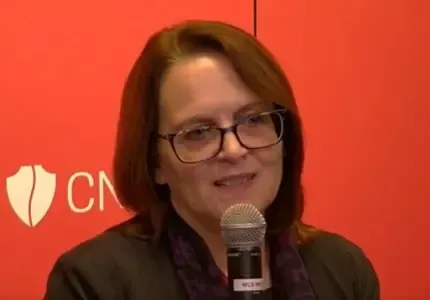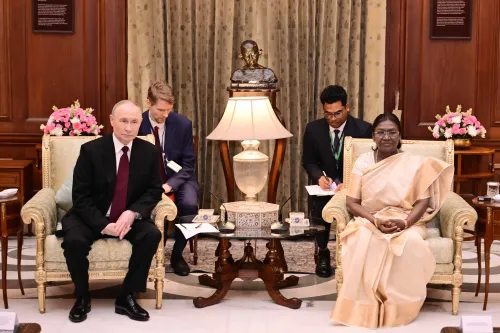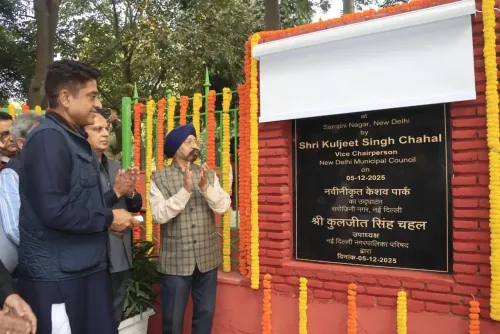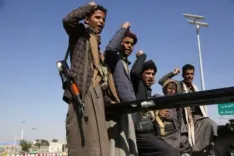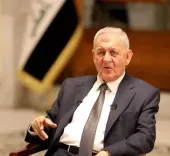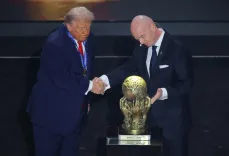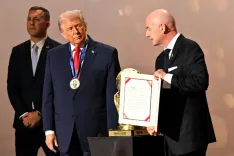Will Piyush Goyal's Economic Pacts with European Nations Propel Growth and Job Creation?
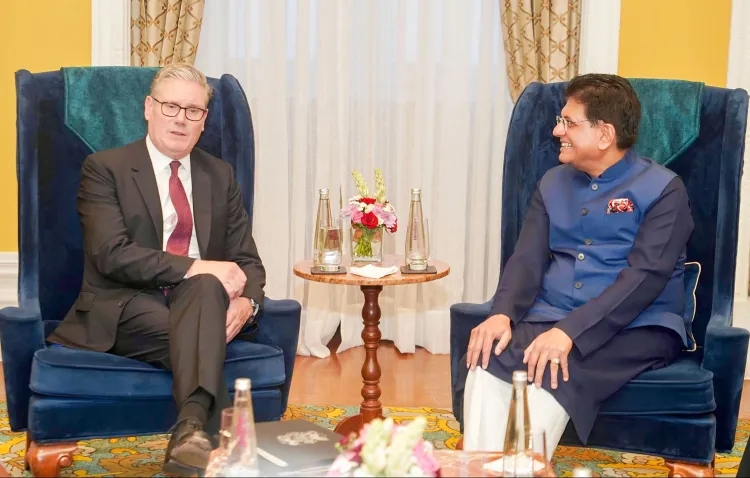
Synopsis
Key Takeaways
- The TEPA is now effective between India and the EFTA.
- India aims to attract $100 billion in investments and create one million jobs.
- Tariff reductions will benefit Indian consumers on select EFTA goods.
- Agreements facilitate mutual recognition of professional services.
- Intellectual property provisions address India's patent concerns.
New Delhi, Oct 19 (NationPress) Minister of Commerce and Industry Piyush Goyal highlighted the recently activated Trade and Economic Partnership Agreement (TEPA) between India and the European Free Trade Association (EFTA) as well as his discussion with UK Prime Minister Keir Starmer in Mumbai to enhance the India-UK trade and investment relationship as significant achievements of his ministry over the past fortnight.
"The Trade and Economic Partnership Agreement (TEPA) with the EFTA is now in effect. The primary goal of this agreement is to generate $100 billion in investments and to create one million direct jobs in India over the next fifteen years," he stated.
As part of the agreement, the EFTA—a consortium of Switzerland, Norway, Iceland, and Liechtenstein—is providing 92.2% of its tariff lines, encompassing 99.6% of India’s exports to the region. Their offers cover 100% of non-agricultural products along with tariff reductions on select processed agricultural items.
In return, India is offering 82.7% of its tariff lines, which account for 95.3% of EFTA’s exports. However, the tariff on gold remains unchanged.
This agreement will lower tariffs on certain EFTA goods for Indian consumers, including Swiss watches, whisky, and chocolates.
Furthermore, the deal includes measures for mutual recognition of professional services, permitting fields such as nursing, chartered accountancy, and architecture to work within EFTA nations.
It also addresses intellectual property rights, focusing on addressing India’s concerns regarding patent protections, particularly concerning the evergreening of patents in pharmaceuticals.
Goyal also noted: "I met with UK Prime Minister Keir Starmer in Mumbai to explore avenues for further strengthening the India-UK trade and economic relationship. Additionally, I met with Mr. Peter Kyle, UK Secretary of State for Business and Trade, to advance our trade and investment partnership."
Prime Minister Starmer’s visit to India resulted in significant announcements, such as 1.3 billion pounds in new Indian investments in the UK and plans to expand British university campuses in India.
Both Prime Ministers issued a joint statement that included the launch of the India-UK Connectivity and Innovation Centre and the establishment of the India-UK Joint Centre for AI, alongside commitments to enhance cooperation in AI, clean energy, and advanced manufacturing, as well as new connectivity initiatives.
Moreover, new film and creative partnerships were revealed, including Bollywood productions set to be filmed in the UK during the visit.
Goyal also mentioned the 7th meeting of the India-Brazil Trade Monitoring Mechanism (TMM) held in New Delhi, where both parties assessed bilateral trade and investment relations and discussed the expansion of the India-MERCOSUR PTA (preferential trade agreement), market access, sectoral collaboration, and multilateral cooperation.
He further emphasized productive discussions with officials on improving India’s business climate for Data Centres & AI. Key topics included renewable energy, land access, and streamlined procedures.


